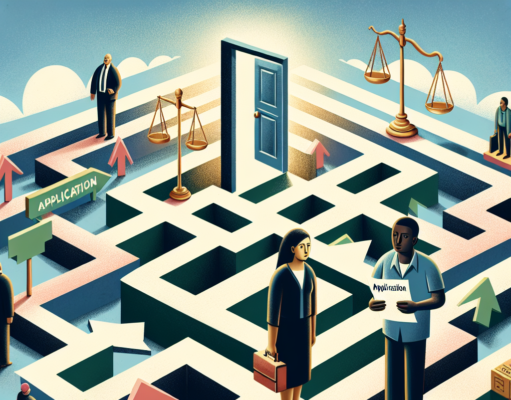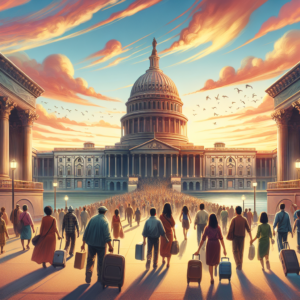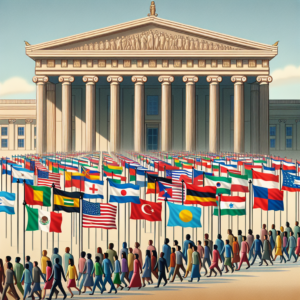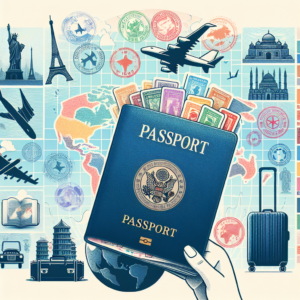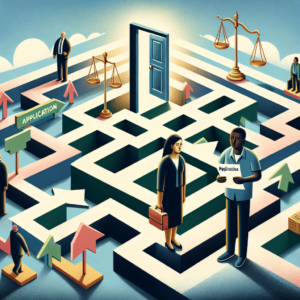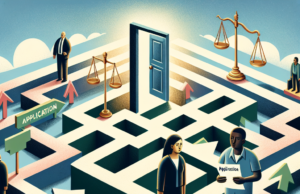Unveiling the Crisis: Shocking Realities of Asylum Seekers Today

The global asylum crisis has reached unprecedented levels, with millions of individuals fleeing their home countries in search of safety and stability. As geopolitical tensions, climate change, and economic instability continue to escalate, the plight of asylum seekers has become a pressing humanitarian issue. This article aims to unveil the shocking realities faced by these individuals today, exploring the current trends, challenges, and responses from governments and organizations worldwide.
Understanding the Global Asylum Crisis: An Overview of Current Trends and Statistics
As of 2023, the United Nations High Commissioner for Refugees (UNHCR) reports that over 26 million people are classified as refugees, with an additional 4.6 million seeking asylum. The ongoing conflicts in regions such as the Middle East, Africa, and parts of Asia have significantly contributed to this surge. Notably, the Syrian civil war, the Taliban’s resurgence in Afghanistan, and the political instability in Venezuela have driven millions to seek refuge in foreign lands. Furthermore, climate change is increasingly recognized as a driver of displacement, with natural disasters displacing populations at an alarming rate. The statistics reveal a stark reality: the number of asylum seekers is expected to rise, placing immense pressure on host countries and international systems designed to provide protection.
The Journey of Asylum Seekers: Challenges Faced from Departure to Destination
The journey of asylum seekers is fraught with peril, often beginning with a desperate decision to leave their homeland. Many face immediate threats, including violence, persecution, and economic hardship. The journey itself can be treacherous, involving dangerous crossings, exploitation by human traffickers, and the constant fear of detention or deportation. Asylum seekers often traverse multiple countries, facing varying degrees of hostility and legal barriers. Upon arrival in a host country, they may encounter bureaucratic hurdles, language barriers, and cultural differences, all of which complicate their quest for safety and stability. The psychological toll of such a journey can be profound, leaving many individuals traumatized and in need of urgent support.
Legal Frameworks and Policies: How Governments Respond to Asylum Applications
Governments around the world have adopted a range of legal frameworks and policies to manage asylum applications, reflecting their political climates and public sentiments. In some countries, asylum processes are streamlined, allowing for quicker assessments and integration into society. However, in others, restrictive policies have emerged, including border closures, prolonged detention, and the implementation of “safe third country” agreements that push asylum seekers to seek refuge in less favorable conditions. The complexity of international law, including the 1951 Refugee Convention, often clashes with national interests, leading to inconsistent application of asylum rights. As a result, many asylum seekers find themselves caught in a web of legal uncertainty, with their futures hanging in the balance.
Human Rights Violations: The Plight of Asylum Seekers in Host Countries
The treatment of asylum seekers in host countries has raised significant human rights concerns. Reports of abuse, neglect, and discrimination are alarmingly common, with many individuals facing inhumane conditions in detention centers. In some instances, asylum seekers are subjected to violence, both from authorities and fellow detainees, exacerbating their trauma. Additionally, access to essential services such as healthcare, education, and legal assistance is often limited, leaving many vulnerable individuals without the support they desperately need. The stigmatization of asylum seekers in public discourse further complicates their integration, leading to social isolation and economic marginalization. These violations not only undermine the dignity of asylum seekers but also challenge the moral and legal obligations of host countries.
The Role of NGOs and International Organizations in Supporting Asylum Seekers
Non-governmental organizations (NGOs) and international bodies play a crucial role in supporting asylum seekers, providing essential services and advocacy. Organizations such as the International Rescue Committee (IRC) and Médecins Sans Frontières (Doctors Without Borders) offer medical care, legal assistance, and psychosocial support to those in need. Additionally, these organizations work tirelessly to raise awareness about the challenges faced by asylum seekers, lobbying for policy changes and greater protections. International organizations like the UNHCR coordinate efforts to ensure that asylum seekers receive fair treatment and access to their rights. However, the increasing pressure on these organizations, coupled with funding constraints, poses significant challenges to their ability to respond effectively to the growing crisis.
Future Prospects: Addressing the Root Causes of Displacement and Seeking Solutions
To effectively address the asylum crisis, it is imperative to tackle the root causes of displacement. This includes addressing geopolitical conflicts, promoting sustainable development, and implementing climate change mitigation strategies. Collaborative efforts between governments, NGOs, and international organizations are essential to create comprehensive solutions that prioritize human rights and dignity. Additionally, fostering public awareness and empathy towards asylum seekers can help combat xenophobia and promote inclusive policies. As the global community grapples with this crisis, it is crucial to recognize that the plight of asylum seekers is not merely a political issue but a humanitarian one that demands urgent and compassionate action.
The realities faced by asylum seekers today are a stark reminder of the vulnerabilities inherent in our global society. As millions continue to seek refuge from violence, persecution, and despair, it is essential for governments, organizations, and individuals to come together to provide support and advocate for their rights. By addressing the systemic issues that drive displacement and ensuring humane treatment for those seeking asylum, we can work towards a more just and compassionate world. The time for action is now, as the future of countless lives hangs in the balance.

